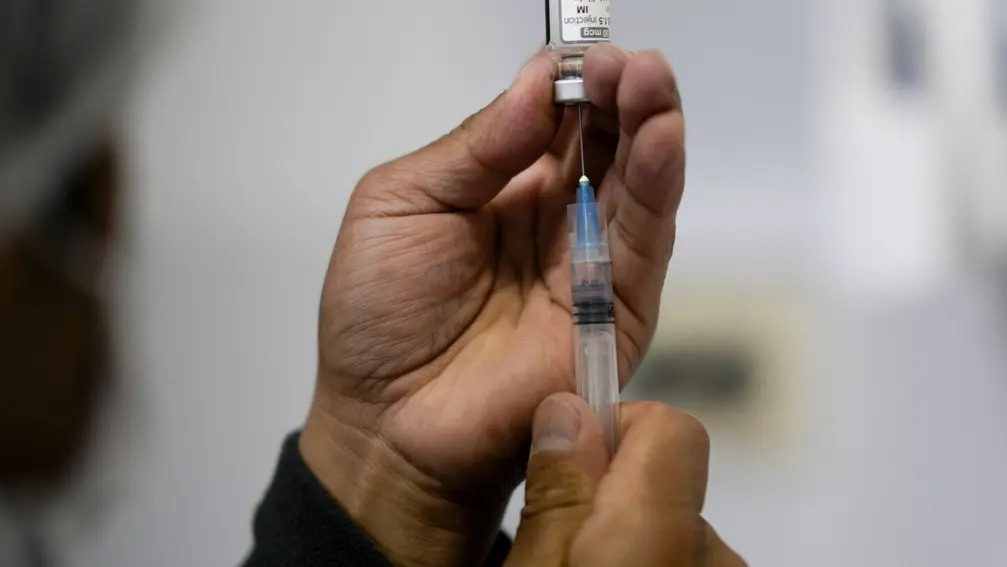T4K3.news
Medical Expert Confronts Vaccine Misinformation
Stanford infectious disease physician Dr. Jake Scott fights misinformation while treating patients.
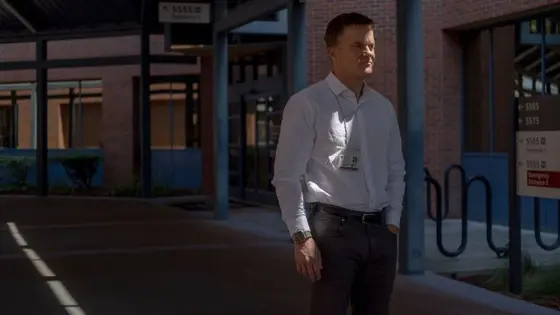
Dr. Jake Scott fights misinformation about vaccines while treating patients in California.
Medical Expert Confronts Vaccine Misinformation
Dr. Jake Scott, an infectious disease physician at Stanford Health Care’s Tri-Valley campus, spends nights writing, filing evidence reviews, and posting clear explanations to counter vaccine misinformation. He has focused on responding to statements by Robert F. Kennedy Jr., whose messaging has drawn millions of views online, and notes that misinformation can have real health consequences as vaccination rates dip and preventable diseases reemerge. Public data show gaps in school vaccination requirements as opt-out options widen, underscoring the stakes of accurate science in everyday life.
Scott’s career blends patient care with public education. He recalls the Covid-19 surge, the turning point vaccines provided, and his later work with researchers like Michael Osterholm to review vaccine data for transparency. He describes the parallel challenge of an infodemic that travels as quickly as a virus and emphasizes that trustworthy science must be accessible to all families if public health is to recover.
Key Takeaways
"When officials spread inaccurate information about vaccines, it does have real consequences."
Scott on misinformation impact
"I’m not afraid."
Scott on standing up to pressure
"We had two parallel pandemics. The Covid pandemic, and then the pandemic of infodemic misinformation."
Scott on infodemic
"People want that information, and they deserve it."
Scott on public demand for science
The piece frames misinformation as a second pandemic feeding fear and political rhetoric. It highlights the strain on scientists who speak out and the need for credible voices in a polarized media landscape. It also suggests that public trust depends on clear, accessible explanations of how vaccines work and why recommendations change with new data.
Policy implications loom as well: strengthening independent review, protecting scientific voices, and ensuring consistent funding and support for public health outreach could help rebuild trust. The story asks readers to weigh swift, dramatic claims against careful, evidence-based messaging in a moment when health decisions touch every family.
Highlights
- Facts save lives when fear runs wild
- People deserve science they can trust
- Two pandemics, one enemy misinformation
- Truth endures when voices stay clear
Political and public reaction risk
The piece involves political figures and potential backlash against scientists speaking out, plus funding and policy shifts that could affect public health messaging.
Trust in science grows when clear voices meet a listening public.
Enjoyed this? Let your friends know!
Related News
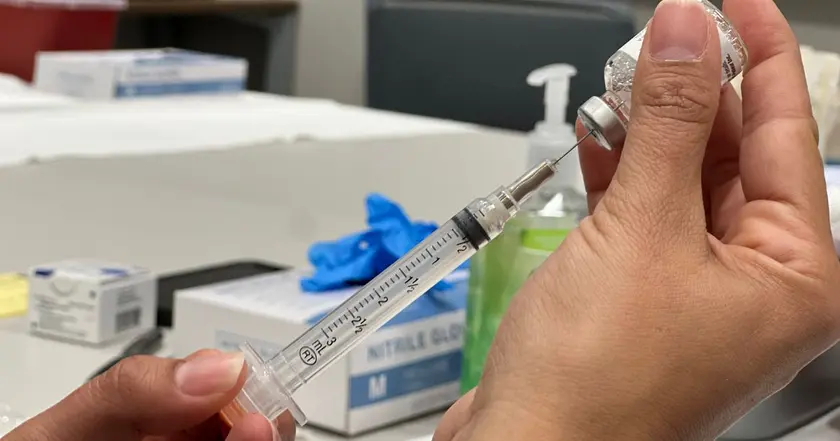
Vaccine gaps in Durham County
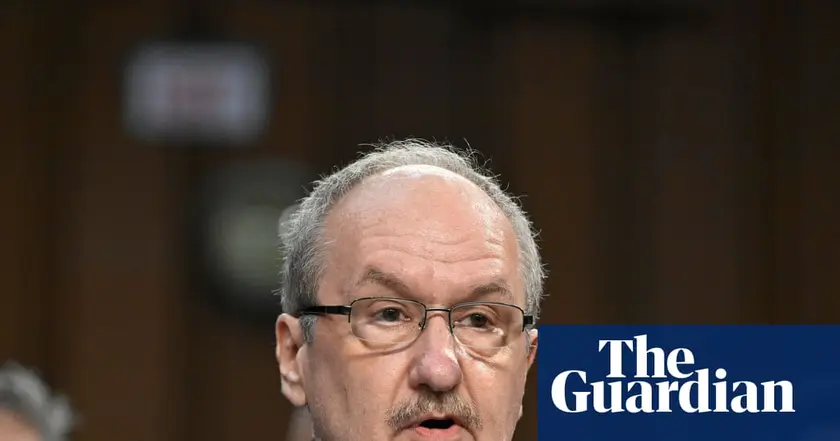
Anti-vaccine advocate catches measles without alerts
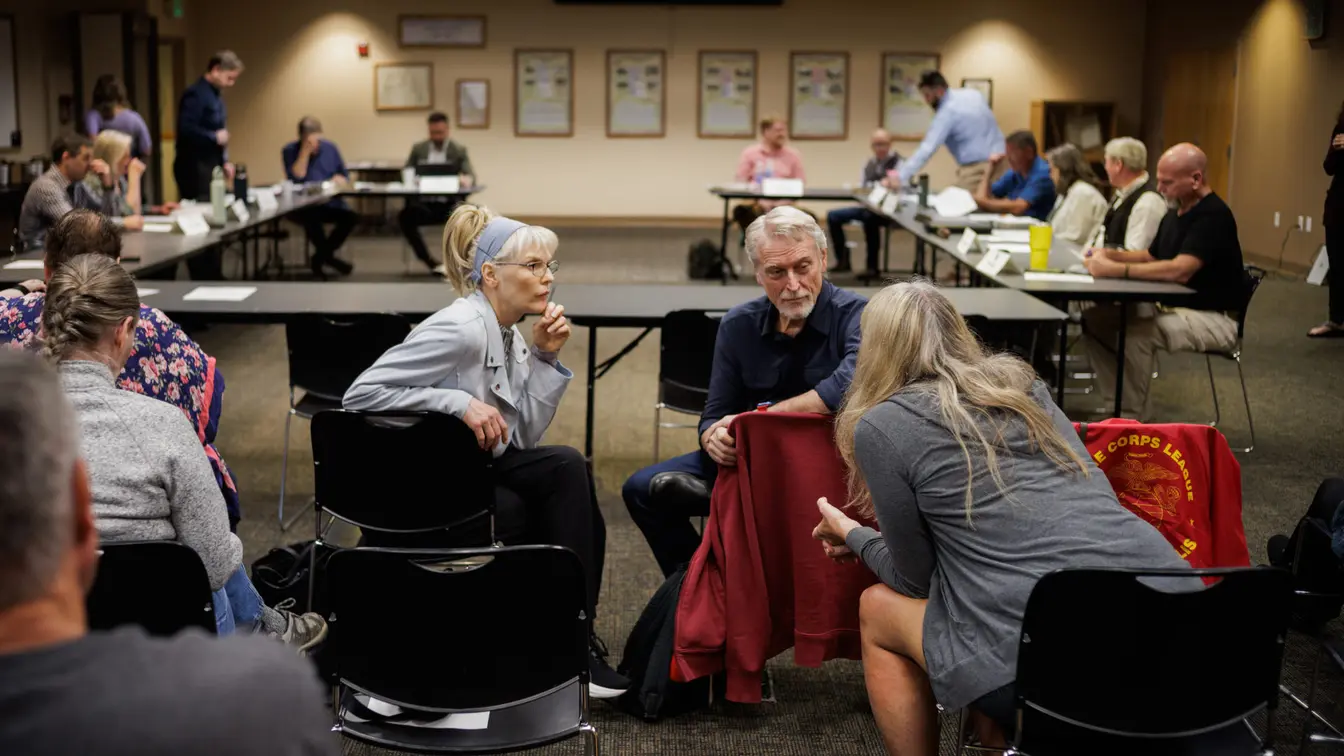
Idaho Implements New Vaccine Policies Amid Trust Crisis
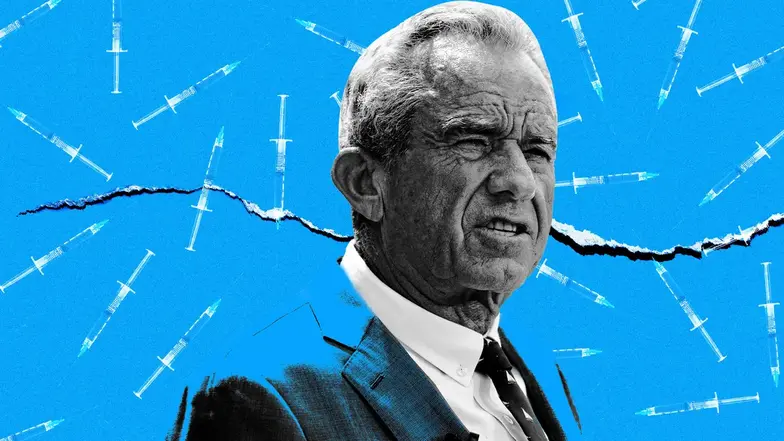
Vaccine research funding cut raises alarms
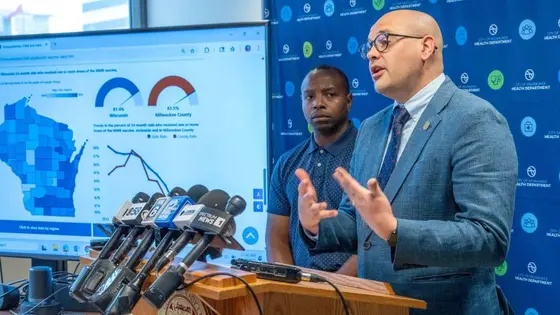
Measles cases spike as schools prepare to reopen

Nurseries tighten protocols as measles cases surge

Kennedy cancels mRNA research
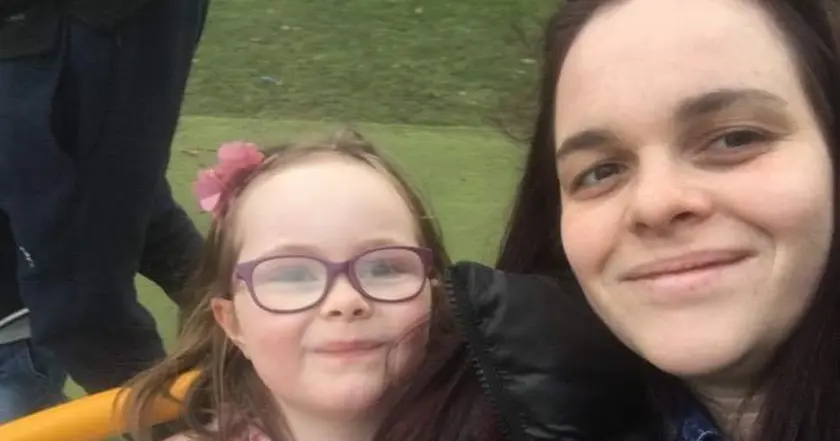
Measles rise triggers call for catch-up vaccination
